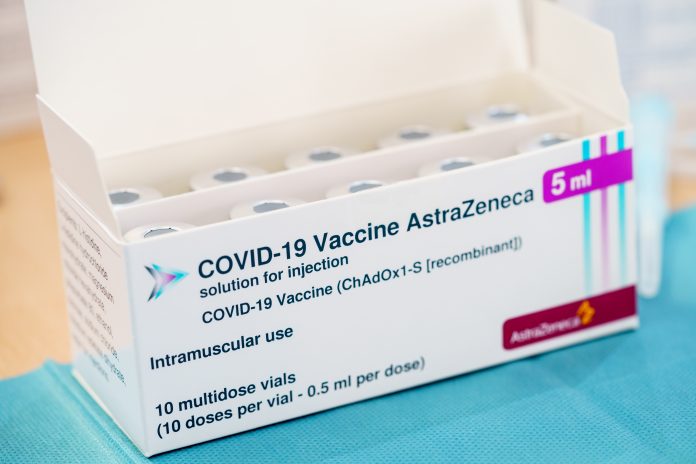Yesterday (26 April), the EU sued AstraZeneca over a perceived failure to deliver COVID vaccines
According to their contract, AstraZeneca was meant to deliver 80 million of those doses by the end of March, 2021. However, the number was decreased by 60% to 31 million doses instead, due to “production issues” for the vaccine.
The Commission doubted the neutrality of this reason, suggesting that the doses were being exported to countries that paid a higher price. When AstraZeneca begun manufacturing COVID vaccines in the EU, initial shipments were expected to go to the bloc.
EU leaders have faced stark criticism for vaccine planning, as the shortfall in delivery set the bloc back a few weeks in their innoculation schedule.
What is the lawsuit for?
The EU legal action filed yesterday (26 April) will argue that AstraZeneca did not make their “best effort” to meet vaccine delivery timelines, with the drugmaker noting that “vaccines are difficult to manufacture.”
This could lead to AstraZeneca being legally required to hand over more doses if they lose.
AstraZeneca CEO Pascal Soriot, giving an interview about the feud in January, said: “Would I like to do better? Of course. But, you know, if we deliver in February what we are planning to deliver, it’s not a small volume.”
AstraZeneca will ‘strongly defend itself’
Responding to the legal action, the drugmaker said: “AstraZeneca regrets the European Commission’s decision to take legal action over the supply of COVID-19 vaccines.
“AstraZeneca has fully complied with the Advance Purchase Agreement with the European Commission and will strongly defend itself in court. We believe any litigation is without merit and we welcome this opportunity to resolve this dispute as soon as possible.”
The company further reminds the EU that their vaccine is currently responsible for 97% of the supply going through COVAX – the humanitarian effort to get vaccines to poorer countries. Despite the existence of the scheme, some countries will not get the vaccine until 2023 – leaving time for thousands more hospitalisations and deaths.
Currently, the EU are negotiating a new contract with Pfizer for a further 1.8 billion doses of COVID vaccine.




![Europe’s housing crisis: A fundamental social right under pressure Run-down appartment building in southeast Europe set before a moody evening sky. High dynamic range photo. Please see my related collections... [url=search/lightbox/7431206][img]http://i161.photobucket.com/albums/t218/dave9296/Lightbox_Vetta.jpg[/img][/url]](https://www.openaccessgovernment.org/wp-content/uploads/2025/04/iStock-108309610-218x150.jpg)






